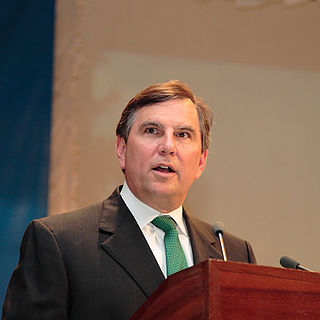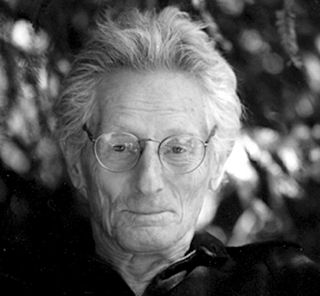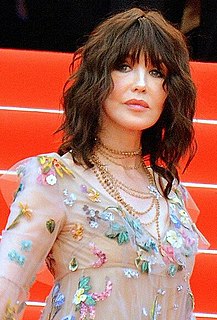A Quote by David Farr
The 'Ramayana' explores the limits of secular freedom and the limits of religion.
Related Quotes
I think it's better to have limits. My limits are different from other people's limits. I'm all for freedom, I'm all for people doing what they want. I'm also all for people shouldering the consequences of their behaviors, and not being assholes, and not lying unless they need to, and being honest except when you shouldn't, and being faithful except when it's okay to cheat. I guess I'm just a mass of contradictions.
In the province of the mind what one believes to be true, either is true or becomes true within certain limits. These limits are to be found experimentally and experientially. When so found these limits turn out to be further beliefs to be transcended. In the province of the mind there are no limits.
I say: liberate yourself as far as you can, and you have done your part; for it is not given to every one to break through all limits, or, more expressively, not to everyone is that a limit which is a limit for the rest. Consequently, do not tire yourself with toiling at the limits of others; enough if you tear down yours. He who overturns one of his limits may have shown others the way and the means; the overturning of their limits remains their affair.
Corporate America limits the world to consumerism. Science can limit it to the material world. Even religion limits it to a lot of theories that can explain everything. I think we need cinema to break that apart and remind us that we're not in control, and we don't understand as much as we think do.



































